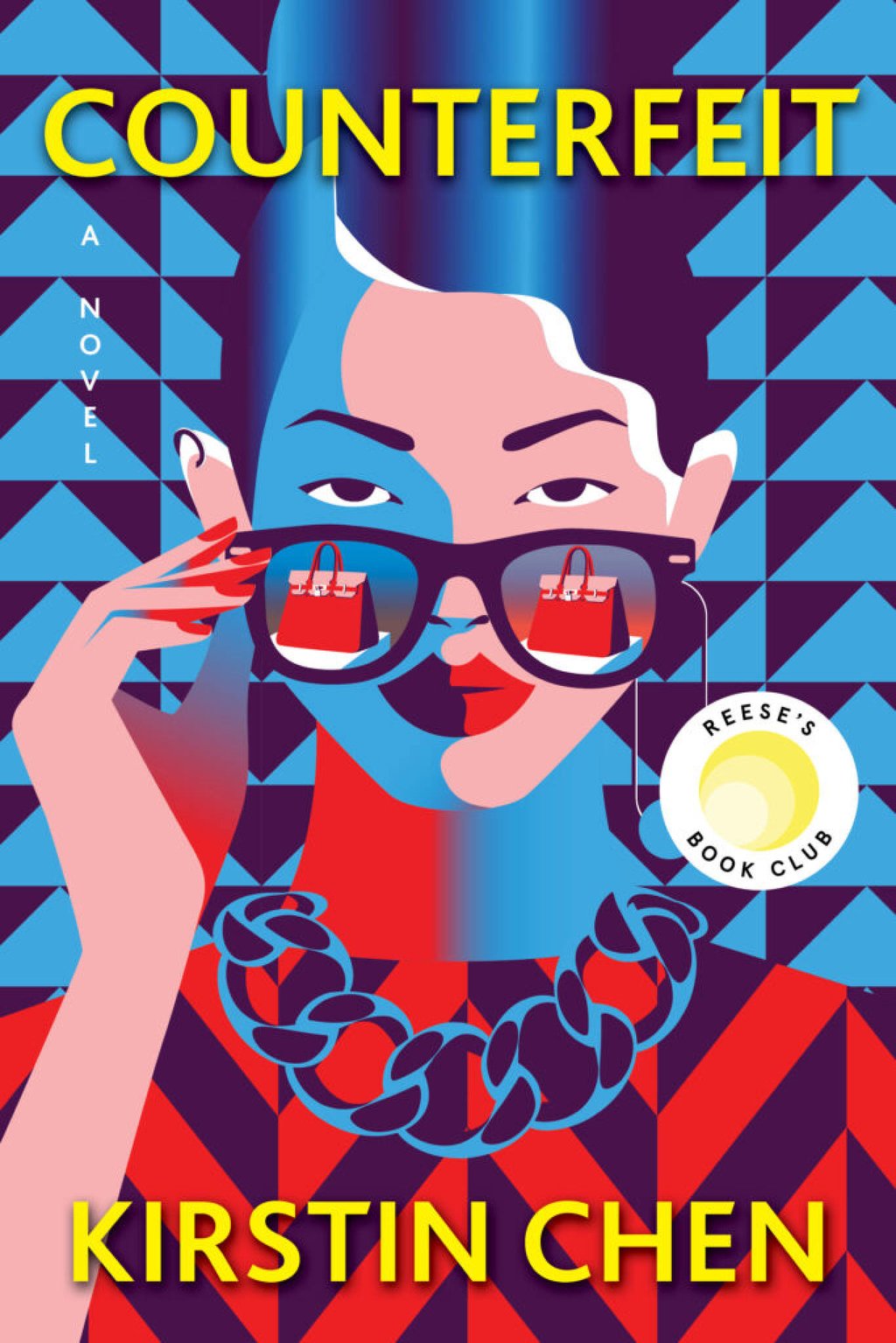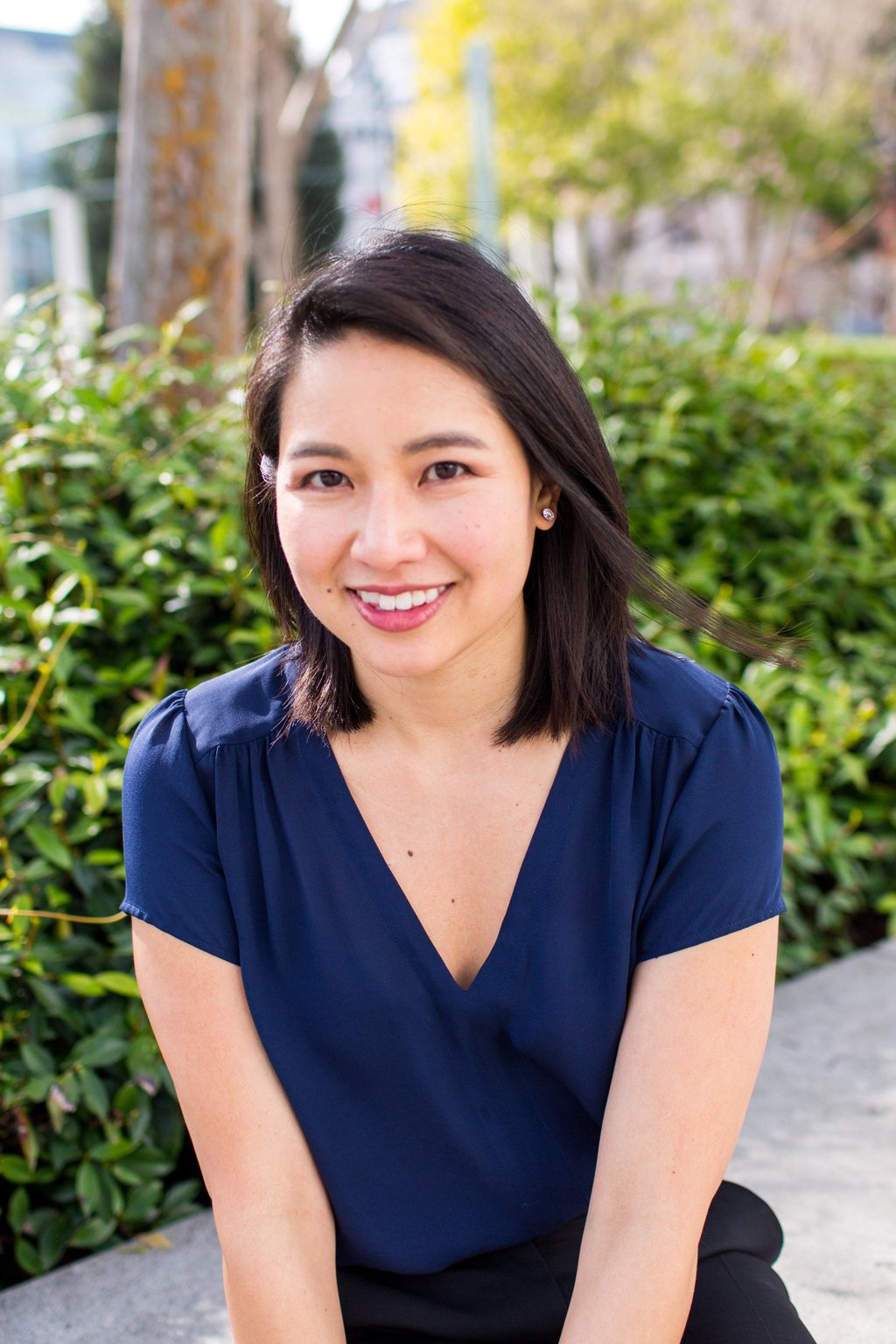/ Bestselling author Kirstin Chen on the regenerative gift of time: her hit third novel Counterfeit explores the Asian-American female experience … and she says ‘a book takes as long as it takes’

- Originally from Singapore, The New York Times bestselling author Chen studied at Stanford University and her third book was a Reese’s Book Club pick – on par with Oprah’s Book Club
- She starts her day with meditation and yoga and cooks after work – a process she has come to love the way she adores her Patek Philippe Aquanaut, which was passed down from a beloved aunt
Carl Sagan, the late American scientist and author, once described books as “proof that humans are capable of working magic” – recognising their unique ability to place a reader in the mind of a writer, possibly dead for thousands of years, breaking through the shackles of time. For Kirstin Chen, author of the recent hit novel Counterfeit, time’s connection to writing is less fanciful, more personal.
“I am a slow writer. It takes me four to five years to write a book,” she says. “When I was younger I was always in an incredible hurry. I felt that if I did not publish right this second, I never would. Now, I understand that a book takes as long as it takes.”

“I remember that it was late morning on an ordinary weekday when I saw my editor’s name flash on my mobile phone – I was sure she’d called me by accident,” she recalls. “When I got her on the phone, she blurted, ‘You’re the Reese pick!’ It was the hardest, best secret I’ve ever had to keep.”
The success of Counterfeit is proof to her that with time comes not only improvement, but even regeneration: “I’ve been lucky to have had the freedom to write whatever interests me. Neither my agent nor my editors have ever pushed me to pursue particular topics or genres for book sales. I set out to stretch myself as a writer with each new book – to research new subjects and to experiment with new techniques,” she adds. “At the end of my career, I hope to be able to look back and say that I truly did get better with each subsequent book.”

For a writer who’s only just into her forties, that promises many more excellent reads. But even if a project doesn’t go to plan, she says she has learned to accept her writing on its own merits. “I can’t say there’s anything I would go back and change. Part of being an artist is having to let go of your work, making peace with the fact that someday you’ll look back on it and wish you’d done some things differently,” Chen concludes.
Is that regret, or a sign of growth?